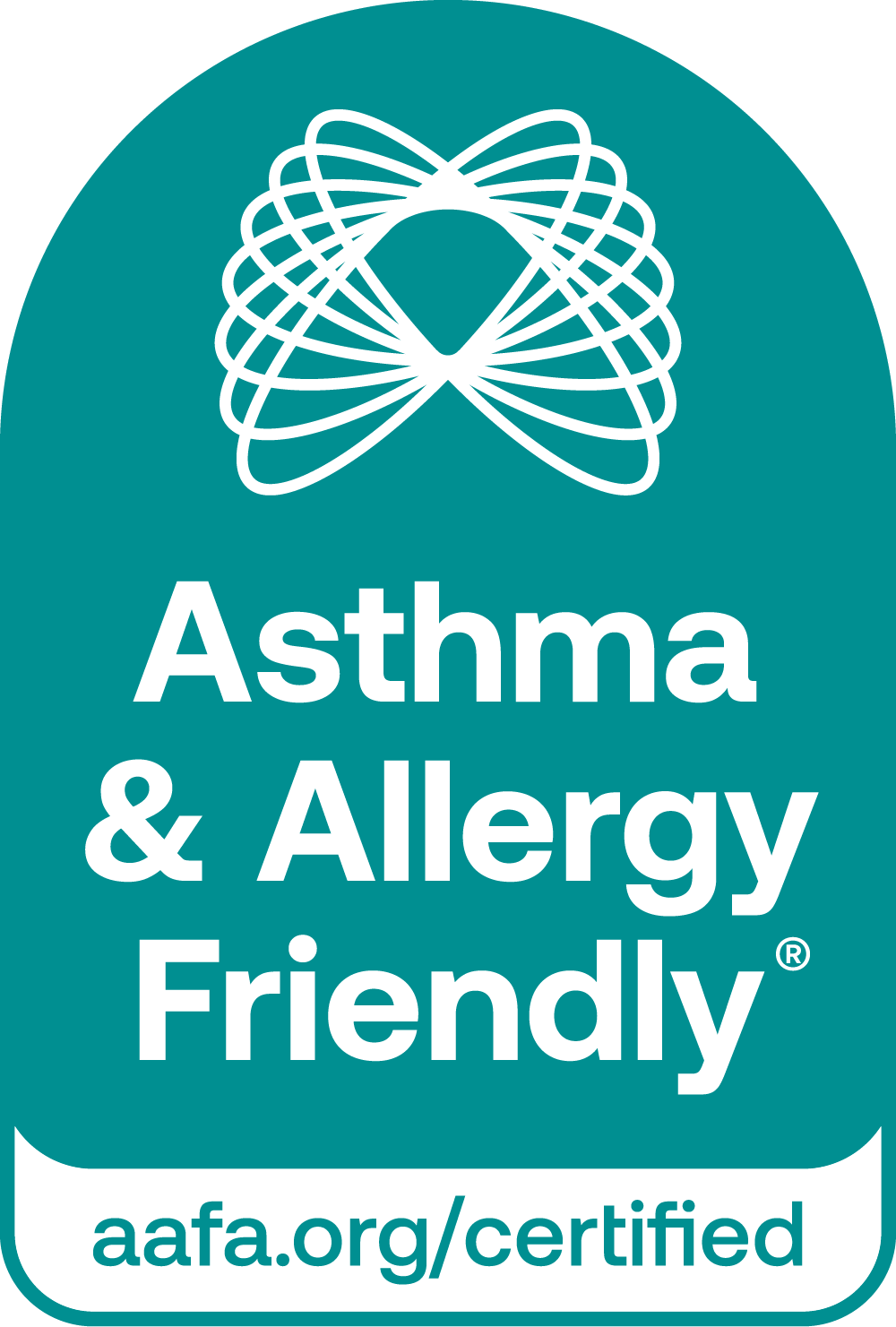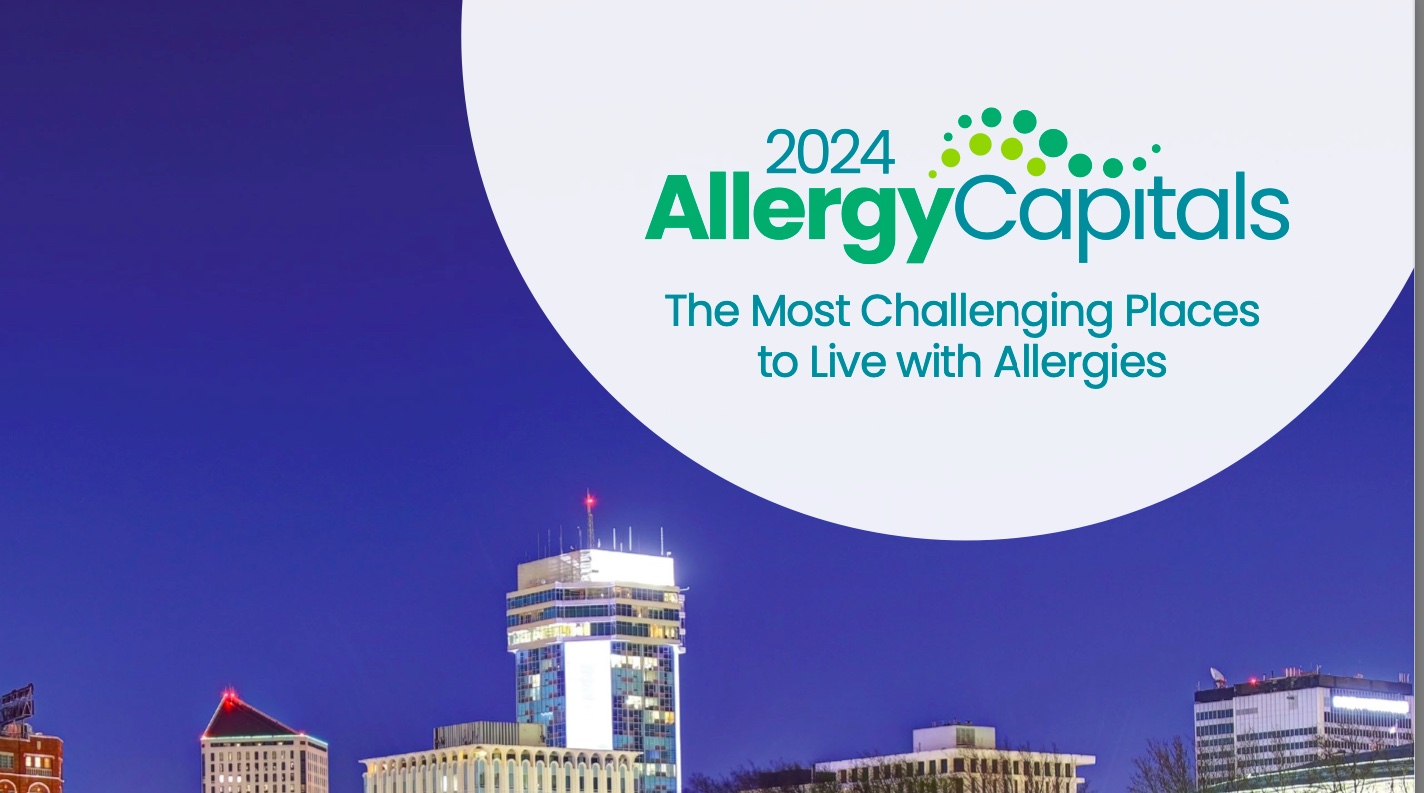This year marks a significant milestone for the Asthma and Allergy Foundation of America (AAFA) as they unveil the latest edition of their Allergy Capitals report. For over two decades since its inception in 2003, this annual report has served as a vital tool in aiding individuals to identify, prevent, and manage seasonal allergies, which afflict more than 100 million Americans.
 The 2024 Allergy Capitals report sheds light on the pressing issue of climate change. With the onset of global warming, the lengthening of growing seasons has become evident compared to three decades ago. Presently, certain regions of the United States witness pollen activity throughout the year, attributed to earlier and prolonged growing periods. Moreover, urban areas, due to rising temperatures, face heightened air pollution levels and an escalation in pollen production.
The 2024 Allergy Capitals report sheds light on the pressing issue of climate change. With the onset of global warming, the lengthening of growing seasons has become evident compared to three decades ago. Presently, certain regions of the United States witness pollen activity throughout the year, attributed to earlier and prolonged growing periods. Moreover, urban areas, due to rising temperatures, face heightened air pollution levels and an escalation in pollen production.
As temperatures soar, pollen counts follow suit, intensifying the exposure to allergens that trigger symptoms. For those grappling with seasonal allergies, climate change compounds the severity of their conditions, creating an unfavorable environment.
In its latest report, AAFA explores the multiple factors influencing seasonal allergies. By analyzing data, the report ranks the 100 most populous cities across the United States based on various criteria, including pollen scores for trees, grass, and weeds, the usage of over-the-counter allergy medications, and the accessibility of board-certified allergists/immunologists.
The top 10 most challenging places to live with seasonal allergies are:
- Wichita, Kansas
- Virginia Beach, Virginia
- Greenville, South Carolina
- Dallas, Texas
- Oklahoma City, Oklahoma
- Tulsa, Oklahoma
- Richmond, Virginia
- Des Moines, Iowa
- Raleigh, North Carolina
- Fayetteville, Arkansas



